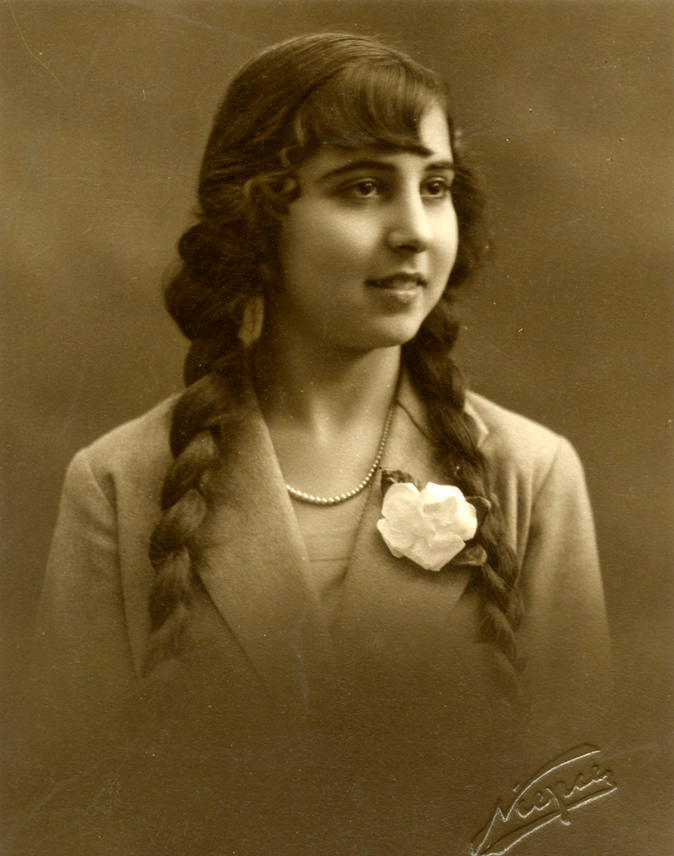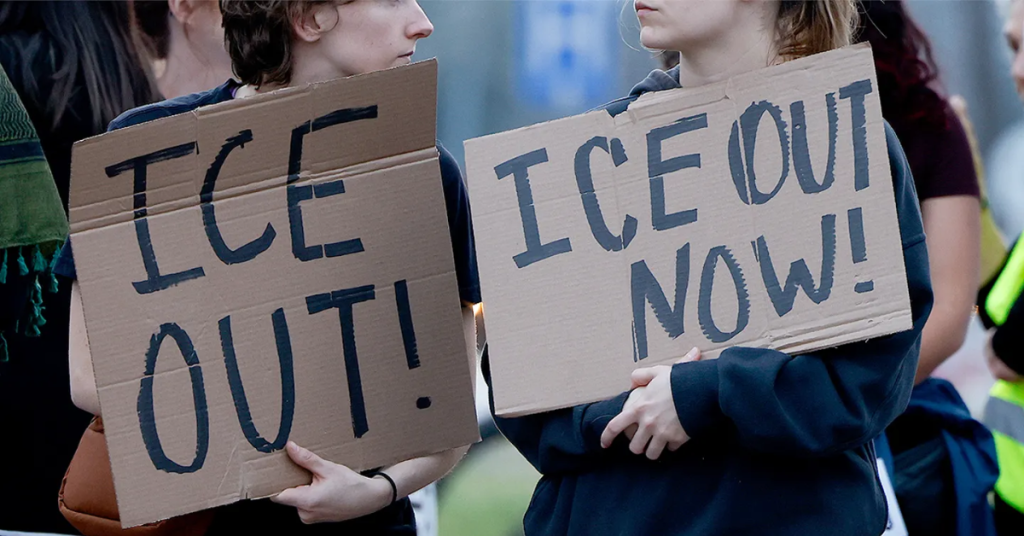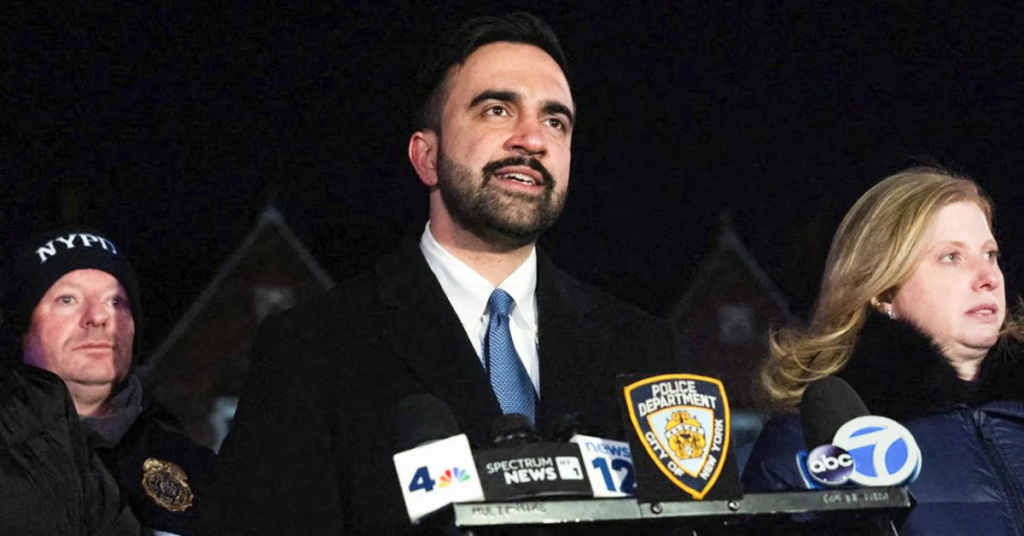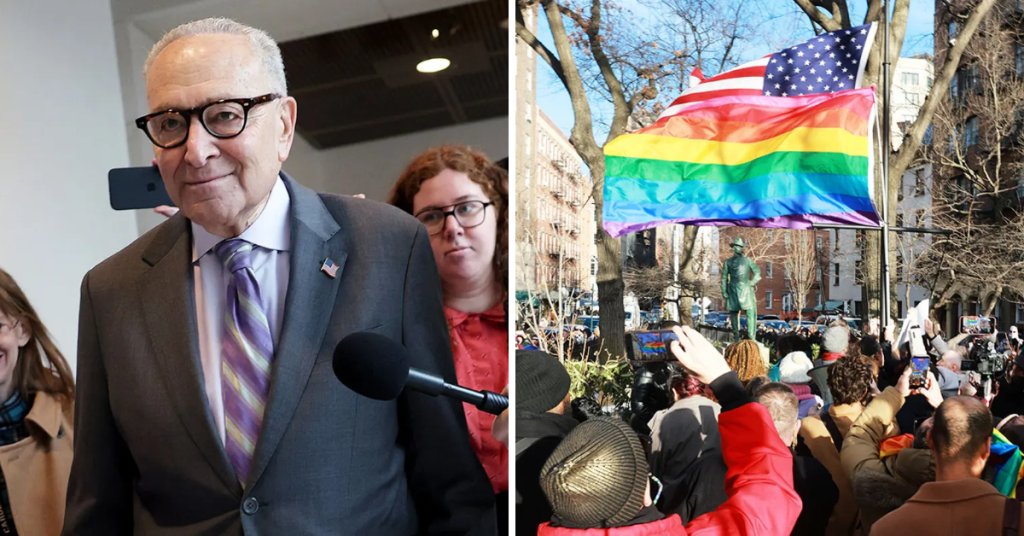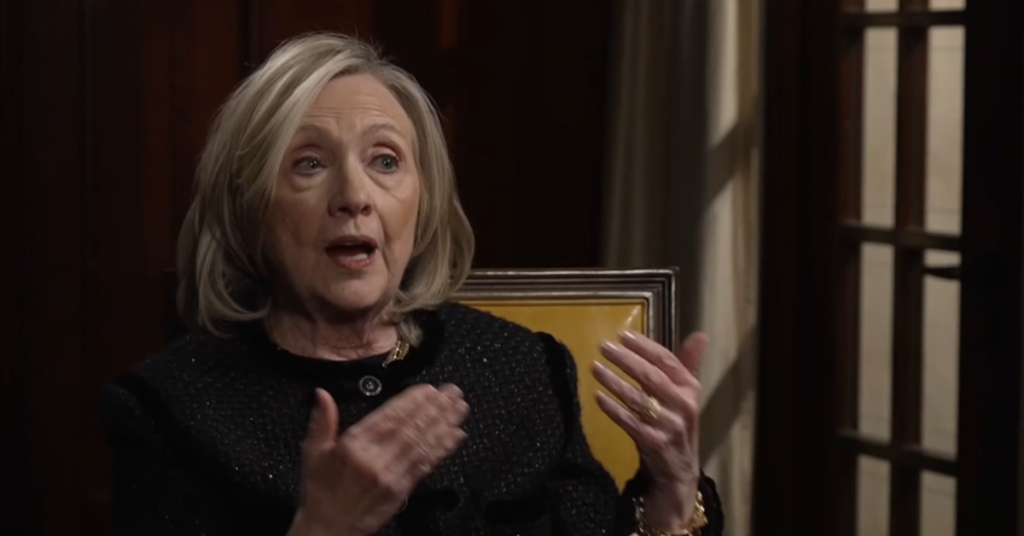For centuries, people have dreamed of finding the secret to a longer and healthier life. Now, scientists believe they may be one step closer, thanks to the DNA of a remarkable woman who lived to be 117.
A life that spanned a century
Maria Branyas Morera was born in San Francisco on March 4, 1907. She lived through two world wars, witnessed 21 U.S. presidents, and saw technology completely reshape the world, from the first airplanes to the rise of artificial intelligence.
When she was eight, her family moved to Catalonia, Spain. The journey was marked by tragedy when her father died of tuberculosis before they arrived. Despite that loss, Maria built a long and meaningful life in her new home. She would later become the oldest person alive before passing away in 2024.
A final wish for science
Before her death, Maria made a heartfelt request. She asked doctors to study her DNA to help uncover the biological keys to her longevity. A team from the University of Barcelona and the Josep Carreras Leukaemia Research Institute accepted the challenge, collecting and analyzing her cells in search of clues.
“The general rule is that aging comes with illness,” explained Dr. Manel Esteller, who led the research. “But Maria broke that rule. For the first time, we’ve been able to separate being old from being sick.”
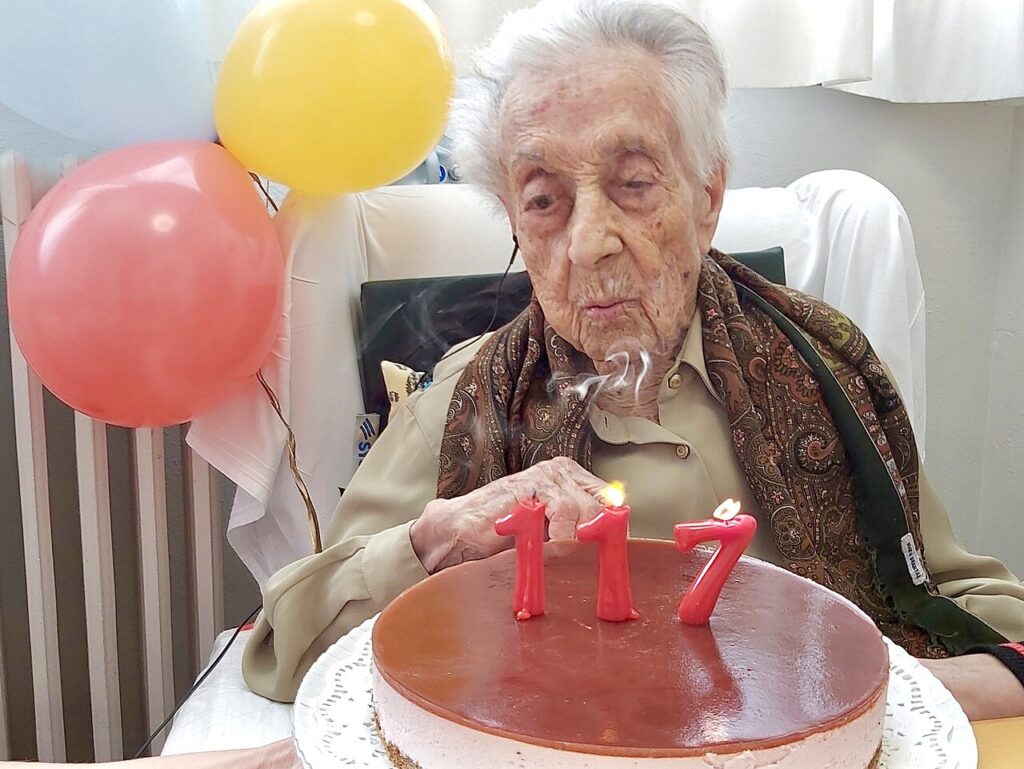
Surprising discoveries
The findings were remarkable. Biologically, Maria’s body appeared 10 to 15 years younger than her actual age. She had very low levels of bad cholesterol and triglycerides, and unusually high levels of good cholesterol, a profile usually found in much younger people.
Her lifestyle may have played a major role. Maria stayed active, avoided smoking and alcohol, and kept strong social ties. But one particular habit caught the scientists’ attention: her love of yogurt.
Every morning, she enjoyed La Fageda, a Spanish probiotic yogurt believed to fight inflammation, often blended with eight kinds of cereal.
Researchers also discovered something unique about her telomeres, the protective ends of chromosomes. While short telomeres are usually linked to aging, in Maria’s case they might have helped prevent cancer cell growth.
According to the study’s authors, “The case of Maria suggests that exceptional longevity and poor health are not necessarily linked.”
Wisdom from the world’s oldest woman
Maria became the world’s oldest person after the death of French nun Sister André in 2023. She even survived COVID-19 at the age of 113, becoming the oldest known survivor at the time.
She often spoke about aging and society, reminding the world not to forget its elders. “They fought their whole lives for today’s comfort,” she said. “They didn’t deserve to be forgotten.”
Her Twitter biography summed up her personality perfectly: “Very old, but not an idiot.” Her advice for a long and peaceful life was simple and wise:
“Order, tranquility, good family ties, contact with nature, emotional balance, no regrets, and staying away from toxic people.”
The legacy of Maria Branyas Morera
Maria’s story brings together science and humanity. It shows that longevity is not only about genetics, but also about how we live and who we surround ourselves with.
Perhaps the secret lies in her DNA, or maybe in her daily spoonful of yogurt. Either way, her life continues to inspire researchers and dreamers around the world, offering a glimpse into what it truly means to live well and live long.
